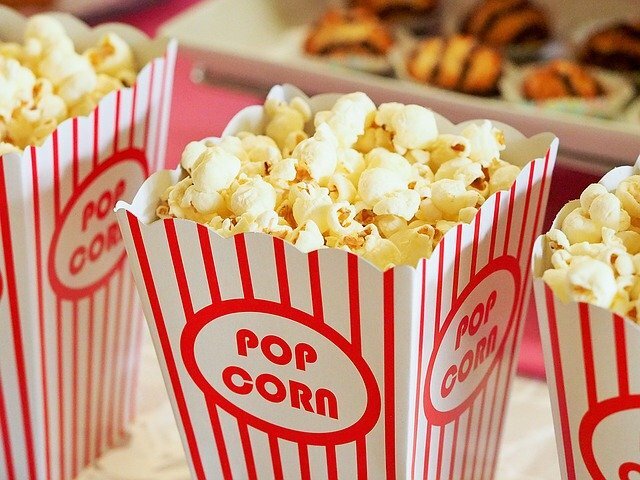The moviegoing experience is in danger.
The Walt Disney Company recently announced that it would make streaming its primary focus, if need be. What that means is that its big-budget films, such as its superhero franchises, would go straight to Disney+. And Cineworld, the owner of Regal Cinemas, the second-largest theater chain in the United States, has shuttered its theaters. They’ve been unclear as to whether this is a permanent or temporary thing, but if it is permanent — and with the company’s insolvency talks, it could be, in part — then it’s not hard to imagine other theater companies, like AMC (which has indicated it could run out of money by the end of the year) and NationalAmusements, either closing or significantly altering their business model.
This would totally alter the movie landscape — and not in a good way.
Back in March or even August, I figured we’d be witness to the total collapse of a lot of businesses and industries, including movie theaters. Luckily, that didn’t happen, though a lot of individual businesses did close. And there’s some hope on the horizon. The fact that Pfizer and Moderna appear to have developed workable vaccines is good news. If they can get them delivered by March or April of 2021, then I think we’ll be on our way to normal life. Much of the public is ready to get dinner and go see a movie.
But I don’t trust a lot of the studios. They’ve gone beyond taking emergency actions during the pandemic. They seem to have decided that movie theaters are a failing business model, just like they’ve decided that the public only wants to see Franchise Picture 57 instead of a quality film.
People do flock to big franchise films, but they also go see films like “Parasite” and “Little Women.” And friends and family have told me how much they miss going to the movies. So there’s not much evidence for what the studios have concluded. They’ve essentially conjured it all out of thin air.
It’s the fallacy of presumption.
So what will happen if this studio-driven trend becomes a reality? What will happen if theaters close en masse and streaming becomes the primary way for us to see films?
The meaning of a “film” will change permanently.
I don’t think this is a hyperbolic thing to say. We’ve watched films at home for decades, but we’ve recognized it as a lesser experience. The sound isn’t as good. Maybe the screen is too small. And we don’t always watch a film in one sitting. We pause and pick it up the next day. Or maybe we don’t return to it at all.
This is a fundamentally different way of watching a film. And it’s one that can change how you perceive it.
Let’s take “Avatar,” James Cameron’s sci-fi epic that came out in 2009. When I saw it in theaters, I was blown away. I felt like I was on Pandora, the fictional world populated by the Na’vi. I told people to see it. I was in love with it.
But when I watched it at home, the spectacle was gone. I was able to see the flaws in the story. I said, “What’s so special about this? It’s just ‘Pocahontas’ in space. And it’s not as good as ‘Pocahontas.’”
These things matter. There are certain directors who like to engage all the senses. Christopher Nolan is a good example of this. If you don’t see his films on the big screen, then you’re going to be missing out. It’s like going to a fine steakhouse. Part of the reason you do it is because you want to experience the atmosphere. But if you order a steak to go and you eat it in front of a dumpster, it’s probably going to taste disgusting, no matter how delicately it was prepared. (Nolan made headlines this week following Warner Bros.’ announcement that its films would debut on HBO Max at the same time as in theaters, saying “Some of our industry’s biggest filmmakers and most important movie stars went to bed the night before thinking they were working for the greatest movie studio and woke up to find out they were working for the worst streaming service.”)
Directors like Patty Jenkins recognize this. She’s defended the moviegoing experience and has noted that her film “Wonder Woman 1984” should be seen in theaters. She’s also said keeping theaters shuttered and telling audiences to watch movies at home “will not be a reversible process” and could result in the loss of the theater “forever.”
But “Wonder Woman 1984” will now be streamed on HBO Max, which suggests more studios think Disney has the right idea.
Disney, of course, does not have the right idea. More people should speak up and challenge this attempt to rewrite what it means to watch movies.
If this doesn’t happen, then the studios will simply press on with this project. Movie theaters will either close entirely or become a niche business, and then films will simply become another thing you skim through and mindlessly consume.
This isn’t innovation. It isn’t a new way of watching movies. So let’s be clear about what this actually is: cultural impoverishment.
****
Photo by dbreen (Pixabay)



Comments
Leave a Reply